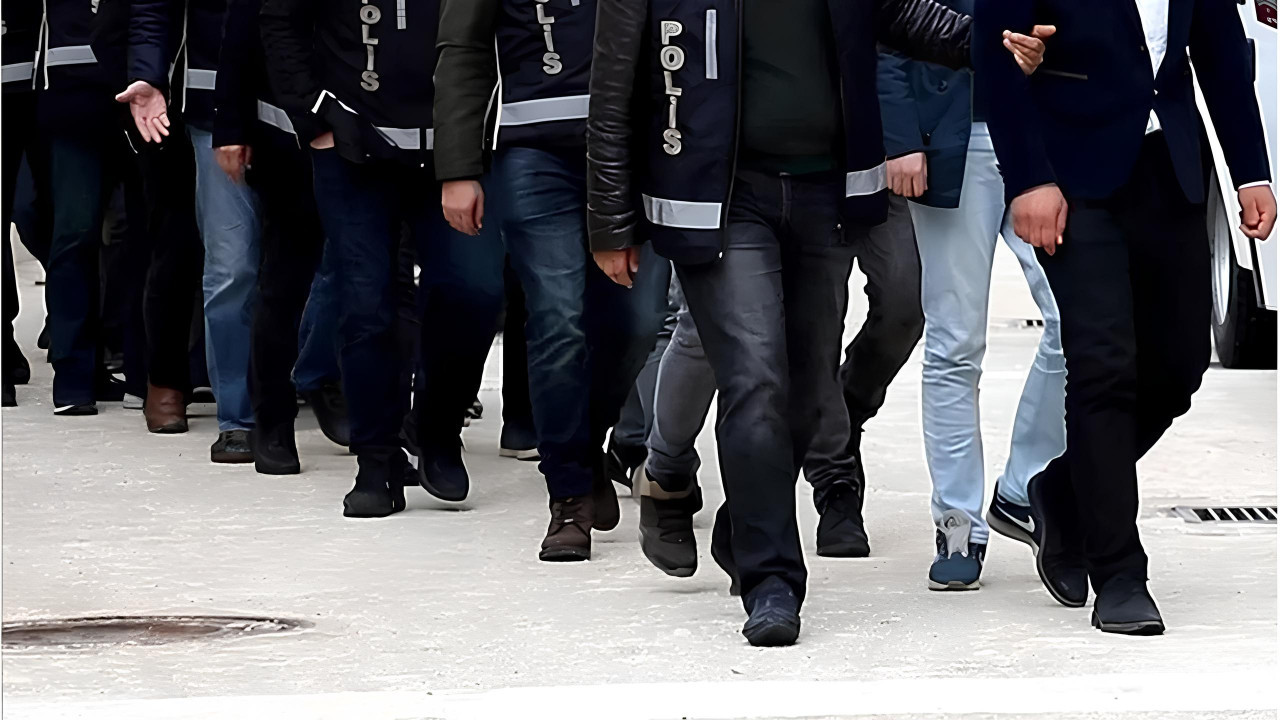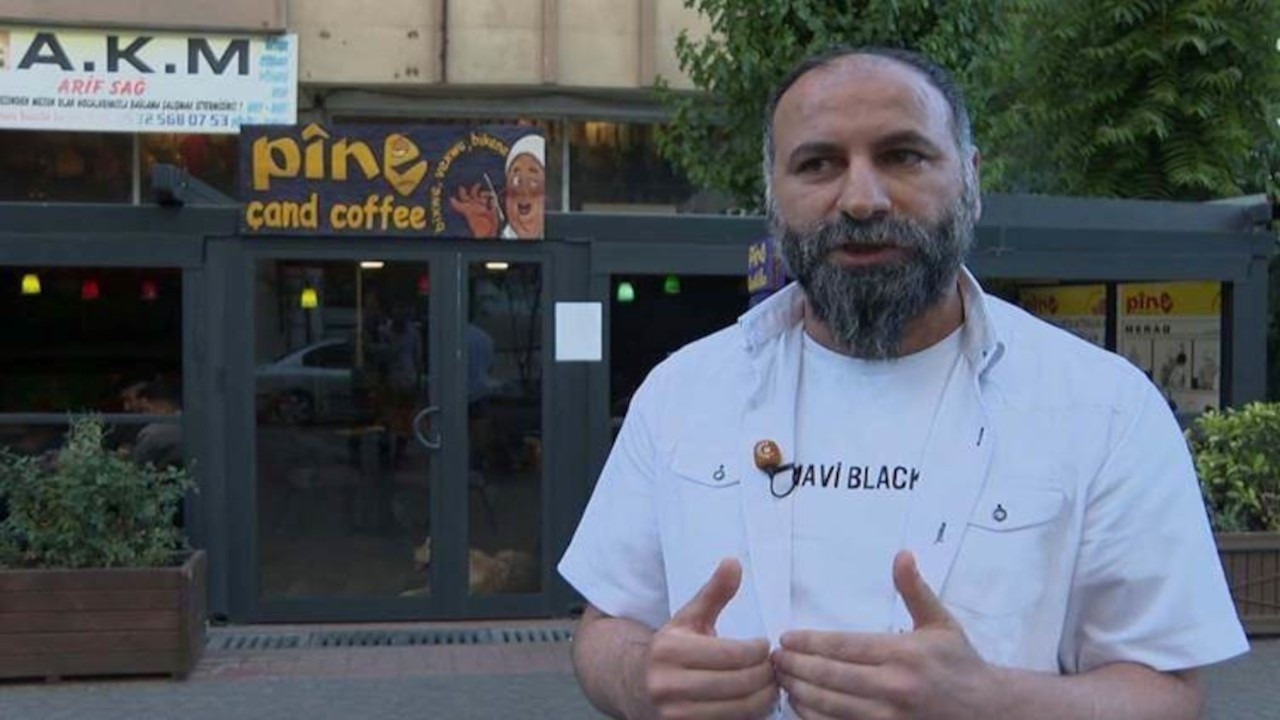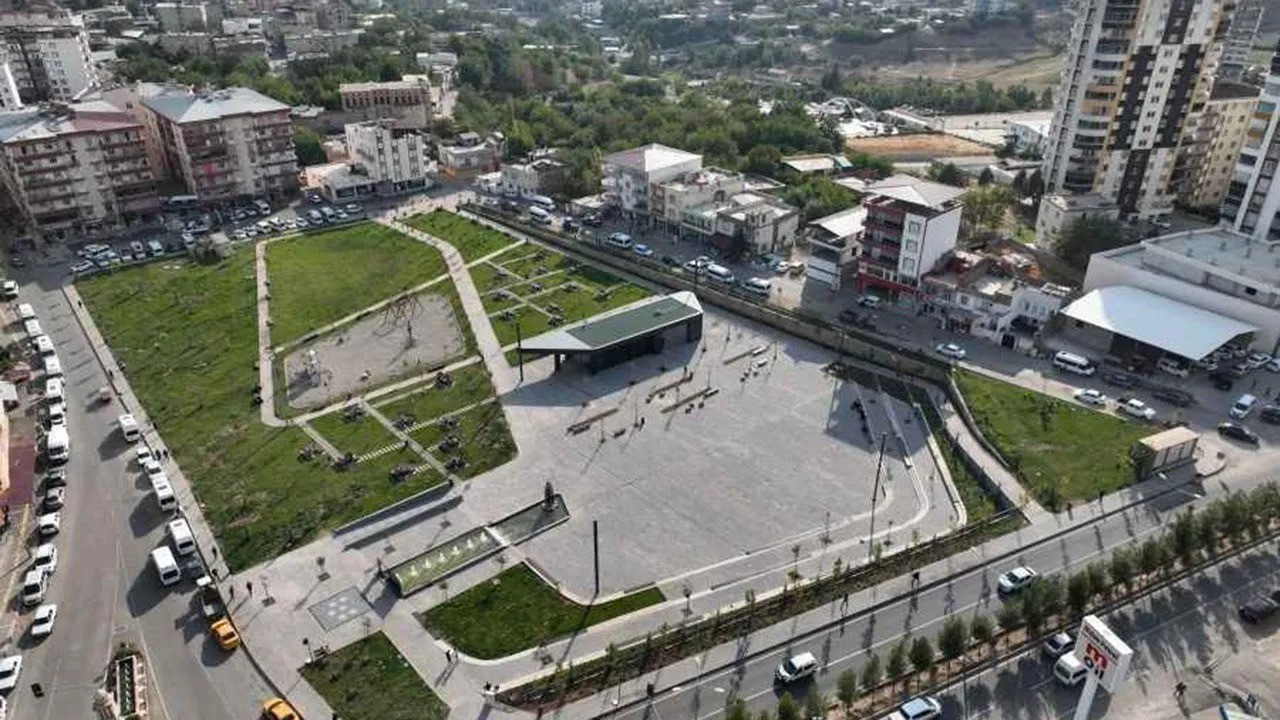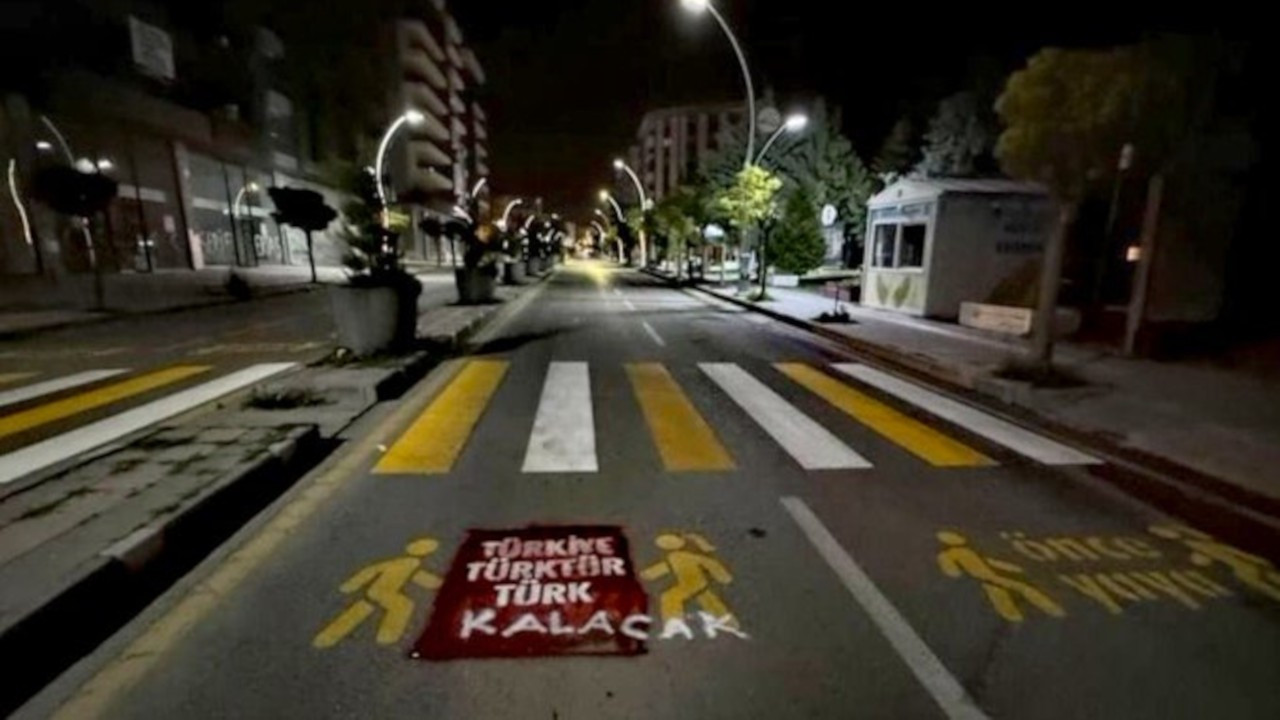Turkish police raids Kurdish language foundations, detains educators
Turkish police have raided three Kurdish language associations and bookstores in the southeastern Diyarbakır province, seized books, and detained employees. Pro-Kurdish parties condemned the raids, calling them a part of the ongoing attack on the Kurdish language and culture.
Duvar English
Turkish police on Sept. 24 raided the Mesopotamian Language and Culture Research Association (MED-DER), Payîz Pirtûk bookstore, and the Anka Language and Arts Education Cooperative, which organized multilingual education and arts workshops in the southeastern Diyarbakır province.
The raids were part of an investigation by the Diyarbakır Chief Public Prosecutor’s Office which began in 2022 based on testimony from Ümit Akbıyık, a witness who had testified against hundreds of people.
Authorities seized magazines, books, newspapers, and computer hard drives, none of which were subject to confiscation orders.
During the raid on MED-DER and Payîz Pirtûk, police also conducted raids on the homes of numerous association employees. The 23 detainees were restricted from seeing their lawyers for 24 hours as per the confidentiality order imposed on the case.
The door of MED-DER’s building was broken during the raid, which lasted nearly three hours. No lawyers were present during the search, and after the raid, the door’s lock was changed, and the key was handed over to the local neighborhood head.
The operation and detentions sparked immediate backlash, according to reporting by the Mesopotamia Agency (MA). Mehmet Şirin Gürbüz, co-chair of the Democratic Regions Party (DBP) Diyarbakır branch, said the operation was a continuation of the state’s century-long policies targeting Kurds. He stated that every Kurd would step up as a Kurdish language teacher in the absence of those detained.
"The Kurdish community is under attack through its language. We must recognize this and speak Kurdish everywhere, living our lives in Kurdish," Gürbüz said, urging all institutions to view the attacks on the Kurdish language as personal assaults and to respond strongly.
Heval Dilbihar, co-spokesperson for the pro-Kurdish Peoples’ Equality and Democracy (DEM) Party Language and Culture Commission, criticized the authorities for not officially recognizing Kurdish and its culture, claiming that the goal was to suppress the Kurdish people’s struggle. Dilbihar noted that recent years had seen an expansion of the Kurdish language movement, with growing awareness of its significance within the Kurdish community. She called for every Kurd to become advocates, teachers, and practitioners of the language.
Serhat Kılıç, co-chair of the Diyarbakır Education Workers Union (Eğitim Sen), described the raid as a clear sign of hostility toward Kurds and the Kurdish language. "Our language is our identity, and existence cannot be denied," Kılıç said, emphasizing that they would continue to fight under the slogan, "Our language is our existence."
He argued that the state's refusal to recognize Kurdish as an official language or a medium of education stemmed from its desire to erase the language from public life and instill fear in those advocating for it.
Peri Kaya, an employee of MED-DER, whose co-chairs were detained in the raid, stressed that the attacks aimed to eliminate Kurdish culture and language. She noted previous attacks on Kurdish traditions and institutions and attributed the recent crackdown to state fears. "These attacks are part of the broader policy of isolation. As long as isolation exists, so will the attacks on language and culture. A society without a language has no history, country, land, or life," Kaya said, calling on Kurds to continue speaking and defending their language in response.


 Turkish police raid wedding, detain guests for playing ‘political’ Kurdish songsDomestic
Turkish police raid wedding, detain guests for playing ‘political’ Kurdish songsDomestic Turkish police raid Kurdish language only café, detain owner in DiyarbakırHuman Rights
Turkish police raid Kurdish language only café, detain owner in DiyarbakırHuman Rights Turkish district governor rejects Kurdish name for park, calling it ‘foreign’ languageDomestic
Turkish district governor rejects Kurdish name for park, calling it ‘foreign’ languageDomestic Vandalism of Kurdish traffic signs continues with new attack in DiyarbakırDomestic
Vandalism of Kurdish traffic signs continues with new attack in DiyarbakırDomestic